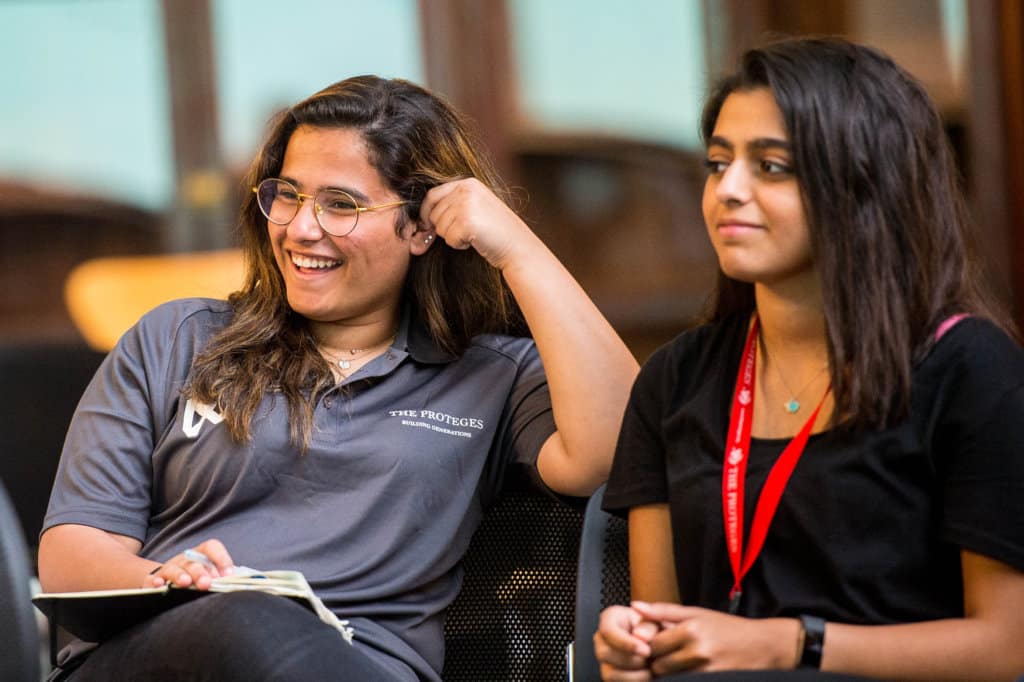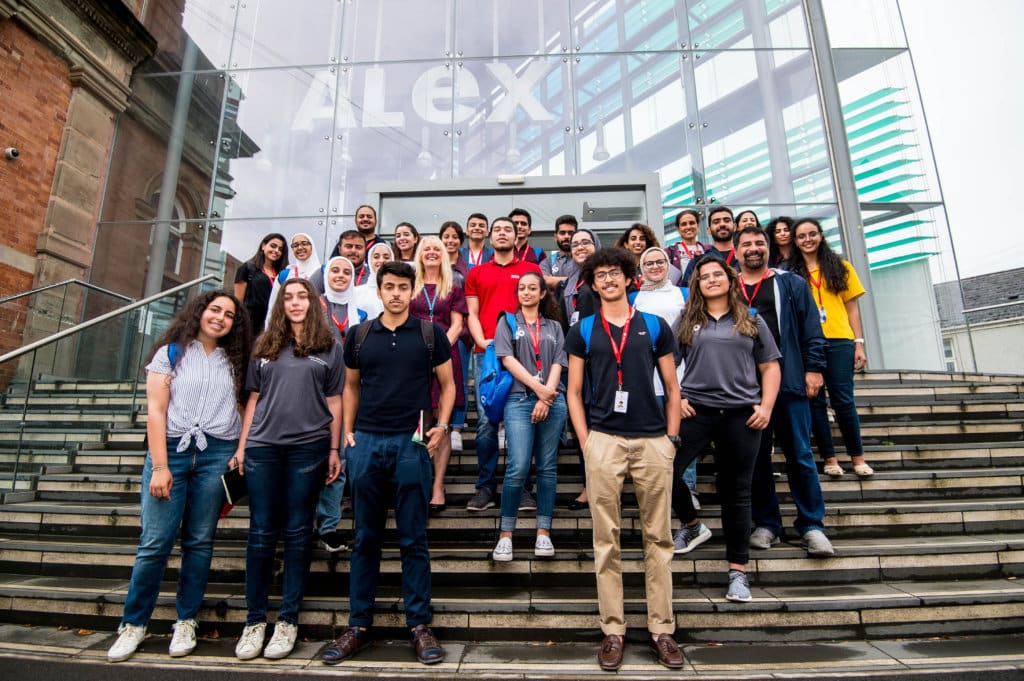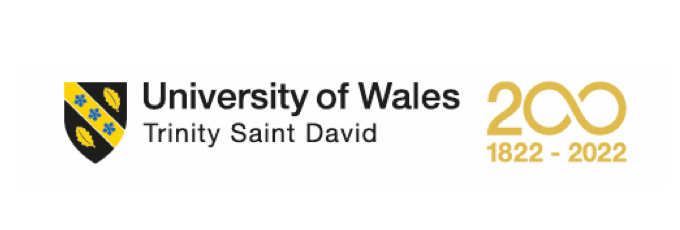With more than one billion people speaking English all around the world, it is little surprise it is one of the most commonly spoken languages today. Many see the perks and privileges of those who can read, speak, write and understand this lingua franca — and they crave a slice of this. Their first step? Looking for a good English teacher.
Many can be found at the University of Wales Trinity Saint David (UWTSD). This is the home of a Teaching English to Speakers of Other Languages (TESOL) (MA) delivered by a university with many top rankings. UWTSD placed first in Wales in Education (Guardian League Table 2022), third in the UK for student satisfaction in Education (National Student Survey) and first in the UK for “Course and Lecturers” (Whatuni Student Choice Awards 2020), among others.
The university is as historical as it is at the forefront of recent developments in education. The MA TESOL takes place at the Lampeter campus, where higher education began in Wales. Despite their long history (the campus was founded in 1822), however, the curriculum and teaching practised at UWSTD are very innovative.
Indeed, the campus stands out for the immersive experiences that prepare students for the future. The MA TESOL is no exception. Students gain the knowledge and skills required to teach the English language to learners of different age groups and educational needs — incorporating pedagogical principles that follow the best practices of the 21st century.
MA TESOL students learn by doing and through applied research. They are exposed to a research-led environment in the Institute of Education and Humanities. Research-informed teaching takes place in more formal lectures and whole-group study, as well as small discussion groups, seminars, and one-to-one tutorials.

The MA TESOL prepares future teachers with the skills and knowledge needed in the classroom. Source: University of Wales Trinity Saint David
The first step to a fulfilling career in TESOL
The programme is divided into two parts. Part One introduces key issues in TESOL, English Language Teacher Education and Second Language Acquisition theory. In Part Two, students will write a research dissertation under the supervision of an experienced, research-active academic.
During part one of the programme, students must complete four 30-credit modules, three of which are compulsory and one optional. The mandatory modules include Methods and Approaches in the Study of Language and Literature, English Language Teacher Education and Current Theories of Second Language Acquisition. As for the fourth module, students can choose between Key Issues in Linguistics and Teaching EFL.
In the second part of the course, students will write a research dissertation in a field of their choice. Each student will complete their research under the guidance of an experienced, research-active supervision team.

Different teaching styles are used to help MA TESOL students learn better. Source: University of Wales Trinity Saint David
As a master’s programme is typically shorter than an undergraduate degree, the experience can be quite intensive. Using a range of teaching styles makes it easier for students to break down and understand the modules. Here, students are encouraged to take advantage of the seminars and small discussion groups by participating and arranging individual feedback sessions.
A placement further brings the programme to life. All MA TESOL students will be able to gain work-based experience in the UK through the “Teaching EFL Placement” module. They will undertake a placement in a school, a college or within the university itself. The placement will be carried out over six weeks, where students can gain first-hand experience teaching international students and apply the theories they have learnt in a classroom setting.
By the time they graduate, MA TESOL students are ready for a versatile range of careers in academia or industry. Students may progress onto a Professional Doctorate in English Language Education and English Literature. Others can pursue a career in teaching English to non-native speakers of English — a growing area of employment. Positions include language tutors in various private and public sector contexts, primary/secondary teachers and vocational/industrial trainers and instructors.
There are opportunities to transfer skills learned in this programme (such as lesson planning, presentation skills, classroom experience, research skills) to other languages and a wide range of professional situations. Whichever route they take, MA TESOL students have excellent career support provided by UWTSD.
Ready to begin your teaching journey at the University of Wales Trinity Saint David? Learn more about the MA TESOL here.
Follow the University of Wales Trinity Saint David on Facebook, Instagram, Twitter, LinkedIn and YouTube.











